



Daniel Christian:
A Vision of Our Future Learning Ecosystems
In the near future, as the computer, the television, the telephone (and more) continues to converge, we will most likely enjoy even more powerful capabilities to conveniently create and share our content as well as participate in a global learning ecosystem — whether that be from within our homes and/or from within our schools, colleges, universities and businesses throughout the world.
We will be teachers and students at the same time — even within the same hour — with online-based learning exchanges taking place all over the virtual and physical world. Subject Matter Experts (SME’s) — in the form of online-based tutors, instructors, teachers, and professors — will be available on demand. Even more powerful/accurate/helpful learning engines will be involved behind the scenes in delivering up personalized, customized learning — available 24x7x365. Cloud-based learner profiles may enter the equation as well.
The chances for creativity, innovation, and entrepreneurship that are coming will be mind-blowing! What employers will be looking for — and where they can look for it — may change as well.
What we know today as the “television” will most likely play a significant role in this learning ecosystem of the future. But it won’t be like the TV we’ve come to know. It will be much more interactive and will be aware of who is using it — and what that person is interested in learning about. Technologies/applications like Apple’s AirPlay will become more standard, allowing a person to move from device to device without missing a beat. Transmedia storytellers will thrive in this environment!
Much of the professionally done content will be created by teams of specialists, including the publishers of educational content, and the in-house teams of specialists within colleges, universities, and corporations around the globe. Perhaps consortiums of colleges/universities will each contribute some of the content — more readily accepting previous coursework that was delivered via their consortium’s membership.
An additional thought regarding higher education and K-12 and their Smart Classrooms/Spaces:
For input devices…
The “chalkboards” of the future may be transparent, or they may be on top of a drawing board-sized table or they may be tablet-based. But whatever form they take and whatever is displayed upon them, the ability to annotate will be there; with the resulting graphics saved and instantly distributed. (Eventually, we may get to voice-controlled Smart Classrooms, but we have a ways to go in that area…)
Below are some of the graphics that capture a bit of what I’m seeing in my mind…and in our futures.
Alternatively available as a PowerPoint Presentation (audio forthcoming in a future version)
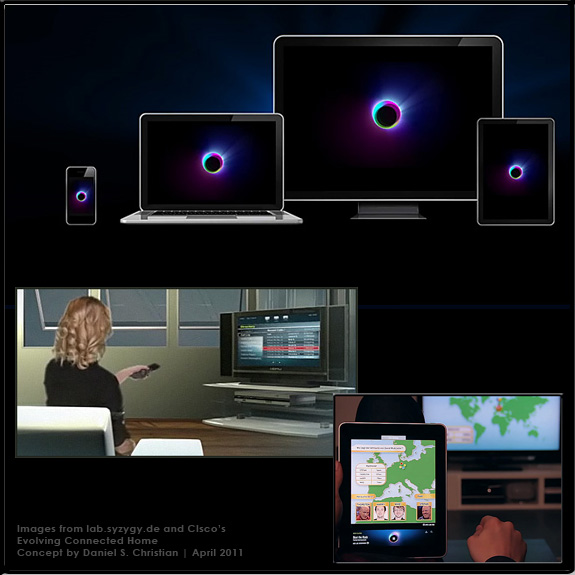
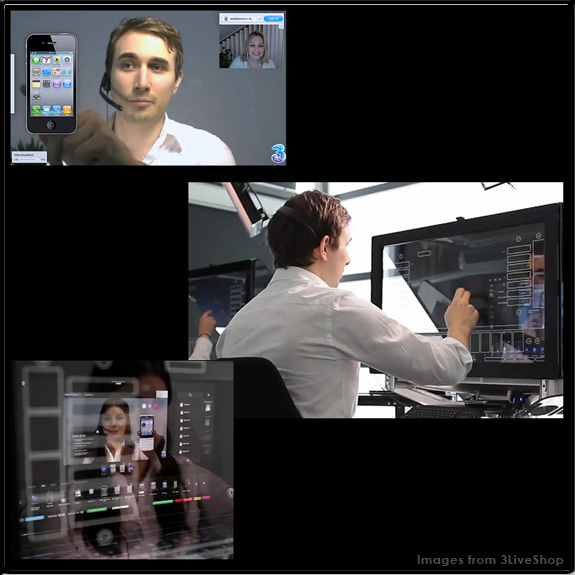

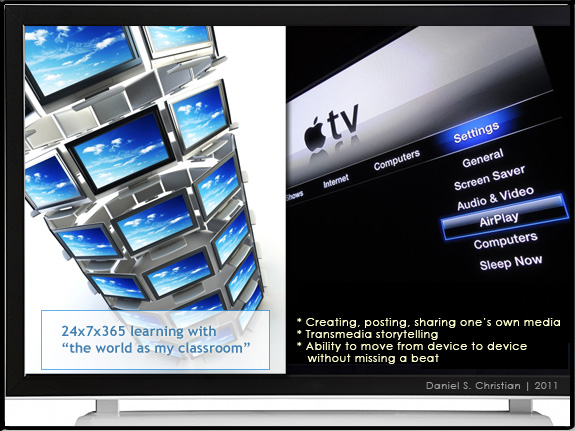
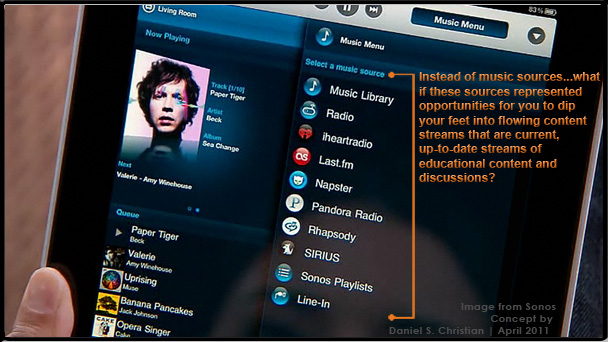
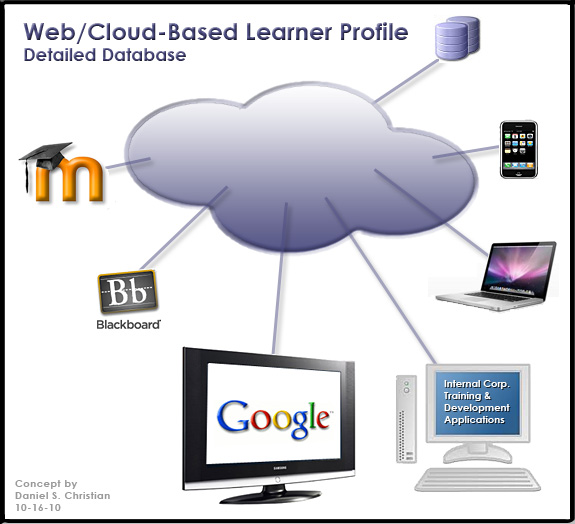

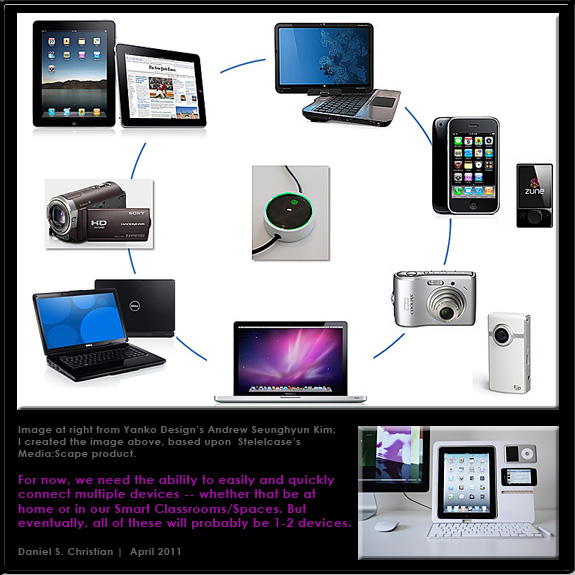
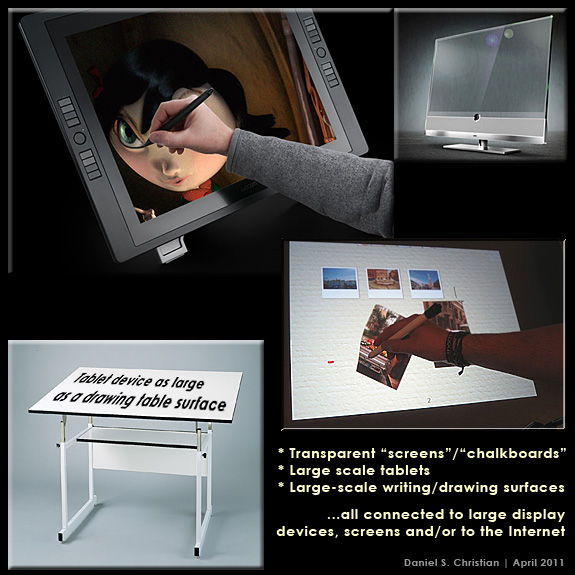
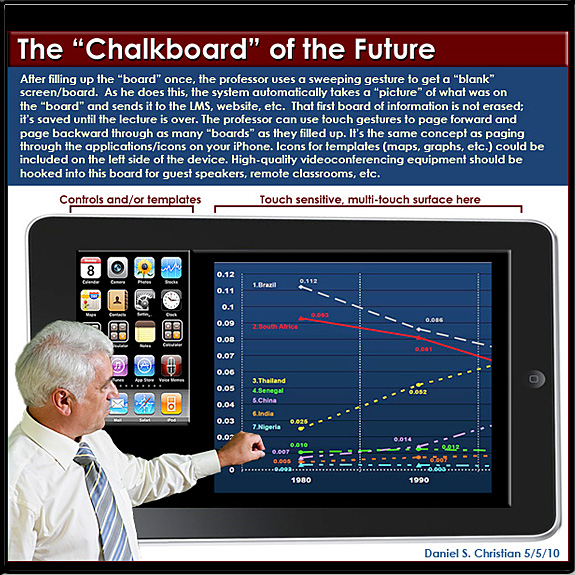
— from Daniel S. Christian | April 2011
Addendum on 4-14-11:
From DSC:
In my mind, this area of intelligent systems and agents is one of the most important areas to watch in the years ahead. Such efforts should help us develop sophisticated systems that can help deliver personalized, customized education at the K-12 and higher ed levels…and perhaps will be relevant in the L&D space as well.
The innovations that come from this area may make hybrid-based — as well as 100% online-based learning — incredibly powerful!
If someone can develop such systems and make them available at far cheaper prices than exist today, a quality “Walmart of Education” will truly have been built.
Per the Call for Papers section, the topics for this conference include, but are not limited to:
| Area 1 – Intelligent Systems
– Algorithms – Artificial Intelligence – Automation Systems and Control – Bioinformatics – Computational Intelligence – Expert Systems – Fuzzy Technologies and Systems – Game and Decision Theories – Intelligent Control Systems – Intelligent Internet Systems – Intelligent Software Systems – Intelligent Systems – Machine Learning – Neural Networks – Neurocomputers – Optimization – Parallel Computation – Pattern Recognition – Robotics and Autonomous Robots – Signal Processing – Systems Modelling – Web Mining
|
Area 2 – Agents
– Adaptive Agent Systems – Agent Applications – Agent Communication – Agent Development – Agent middleware – Agent Models and Architectures – Agent Ontologies – Agent Oriented Systems and Engineering – Agent Programming, Languages and Environments – Agent Systems – Agent Technologies – Agent Theories – Agent Trends – Agents Analysis and Design – Agents and Learning – Agents and Ubiquitous Computing – Agents in Networks – Agents Protocols and Standards – Artificial Systems – Computational Complexity – eCommerce and Agents – Embodied Agents – Mobile Agents – Multi-Agent Systems – Negotiation Strategies – Performance Issues – Security, Privacy and Trust – Semantic Grids – Simulation – Web Agents |